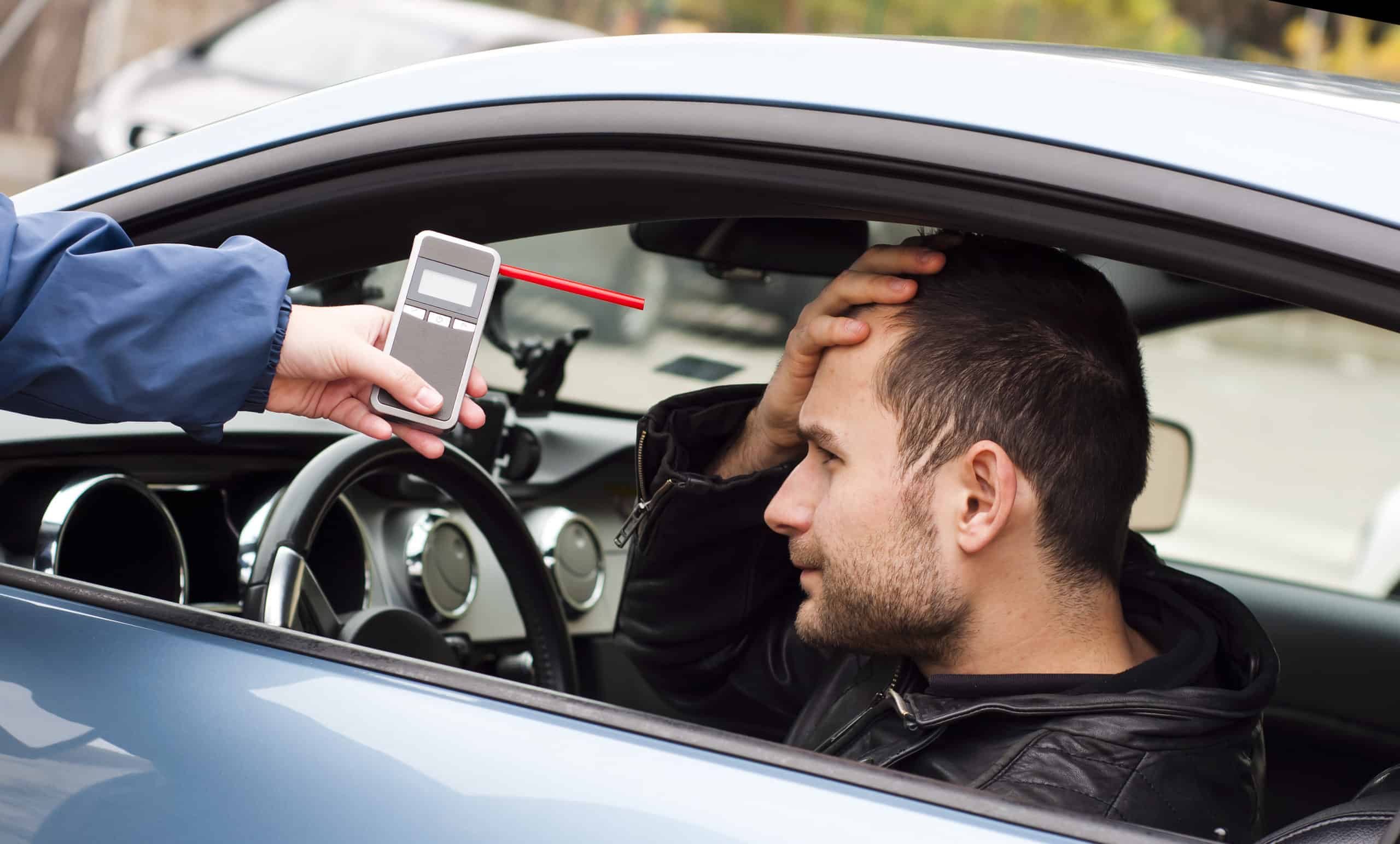
If you’ve been arrested for a DWI, the prosecution can use your breath and blood test results to build a DWI case against you. However, these results are not always accurate. A breath blood test lawyer in Frisco from the Law Offices of Randall B. Isenberg can investigate the testing and determine whether the police made any mistakes during the process or violated any rights that could render the results inadmissible.
Call 214-696-9253 for a free consultation with a Frisco criminal defense lawyer today.
Blood Alcohol Testing Laws in Texas
Texas has an implied consent law for all drivers and motor vehicle operators. By virtue of signing for your Texas driver’s license and getting behind the wheel on a Texas road or highway, you “imply” that you will give your “consent” to submit to blood alcohol testing when stopped by the police on reasonable suspicion of DWI.
If you refuse to submit to testing, you will lose your driver’s license for 180 days, even if you are ultimately found not guilty of DWI.
A breath blood test lawyer in Frisco can defend you against a charge of violating the implied consent law. The law only applies when the police had reasonable suspicion to pull you over and probable cause to ask you to submit to testing. We may be able to create reasonable doubt in one or both of these areas.
How Breath and Blood Tests Work
Breath and blood tests measure the concentration of alcohol in your bloodstream. This measurement is called your blood alcohol content (BAC). In Texas, a BAC higher of 0.08 percent or higher is considered legally intoxicated.
A blood or breath test showing a BAC above the legal limit serves as powerful evidence for the prosecution that you are guilty of BWI. The problem, as you will see below, is that both blood and breath tests are vulnerable to inaccuracies, often substantial ones.
Blood Testing
A blood test involves drawing your blood and sending it to a lab for analysis. The lab uses sophisticated machinery to measure the concentration of alcohol in your blood sample. But “sophisticated” does not mean “foolproof,” and the process is subject to other errors as well, such as mixing up your blood sample with another person’s.
Breath Testing
A breath test, or breathalyzer, involves a small, handheld machine with a tube into which a person blows to generate a breath sample. The advantage of a breathalyzer over a blood test is that it delivers a result on the spot — you blow, and the machine spits out a number almost instantaneously.
The disadvantage is that breath tests are often less accurate than blood tests, particularly if the machine is not properly calibrated or the person administering the test is not properly trained.
The Problems with Breath and Blood Tests
Neither breath nor blood tests are 100 percent accurate. Both have the potential to deliver a false positive, meaning the test result shows a BAC higher than 0.08 percent when in reality your level was less than the legal limit.
This situation can cause you to face severe penalties for DWI despite being not guilty. The fear of a false positive leads many motorists to refuse testing, opening up a different set of problems in the form of the implied consent law.
But no matter the situation you are currently facing — a DWI charge based on blood or breath test results, or a violation of implied consent charge — the Law Offices of Randall B. Isenberg will defend you aggressively and help you move on with your life.
Defense Strategies for DWI Charges Based on Test Results
Randall Isenberg has spent 30 years in the Texas court system, working as a criminal prosecutor, a state district judge, and a criminal defense attorney. He has fought many DWI cases on both sides, as well as judged them, and understands the system. He uses his knowledge of how the other side works to help his clients get the best outcome.
If you are facing a DWI charge based on blood or breath test results, we have several possible defenses to help you beat the charge.
Lack of Reasonable Suspicion
A police officer in Texas must have reasonable suspicion to stop a motorist. If you were speeding or violating a traffic law, or you had a vehicle defect such as a broken tail light, then the police had reasonable suspicion to pull you over. But if we can show they had no reasonable suspicion to stop you, we can get the evidence they collected after that point thrown out due to inadmissibility.
Lack of Probable Cause
Once a police officer stops you, they must have probable cause to order blood alcohol testing — for instance, your speech is slurred, or your breath smells like alcohol. We may be able to call into question the officer’s probable cause to order testing.
Procedural Errors
Law enforcement officers must follow strict procedures when conducting blood alcohol testing. They must use properly calibrated breathalyzer machines, and the person giving the test must be trained. Our team will examine the details of your arrest and look for procedural mistakes or violations we can bring to light.
Confounding Factors
Certain substances can affect blood and breath test results, including medications, foods, and even gum or mouthwash. We may be able to have the results of your test invalidated because of one or more of these confounding factors.

See How a Breath Blood Test Lawyer in Frisco Can Help You, Call 214-696-9253 Today
The Law Offices of Randall B. Isenberg is a criminal defense firm helping clients in Frisco, TX and the surrounding areas. We believe all defendants are innocent until proven guilty and will fight aggressively for your rights. If you are facing DWI charges based on blood or breath test results, or you are accused of violating the implied consent law by refusing to submit to testing, we can help. Call 214-696-9253 for a free case evaluation.










